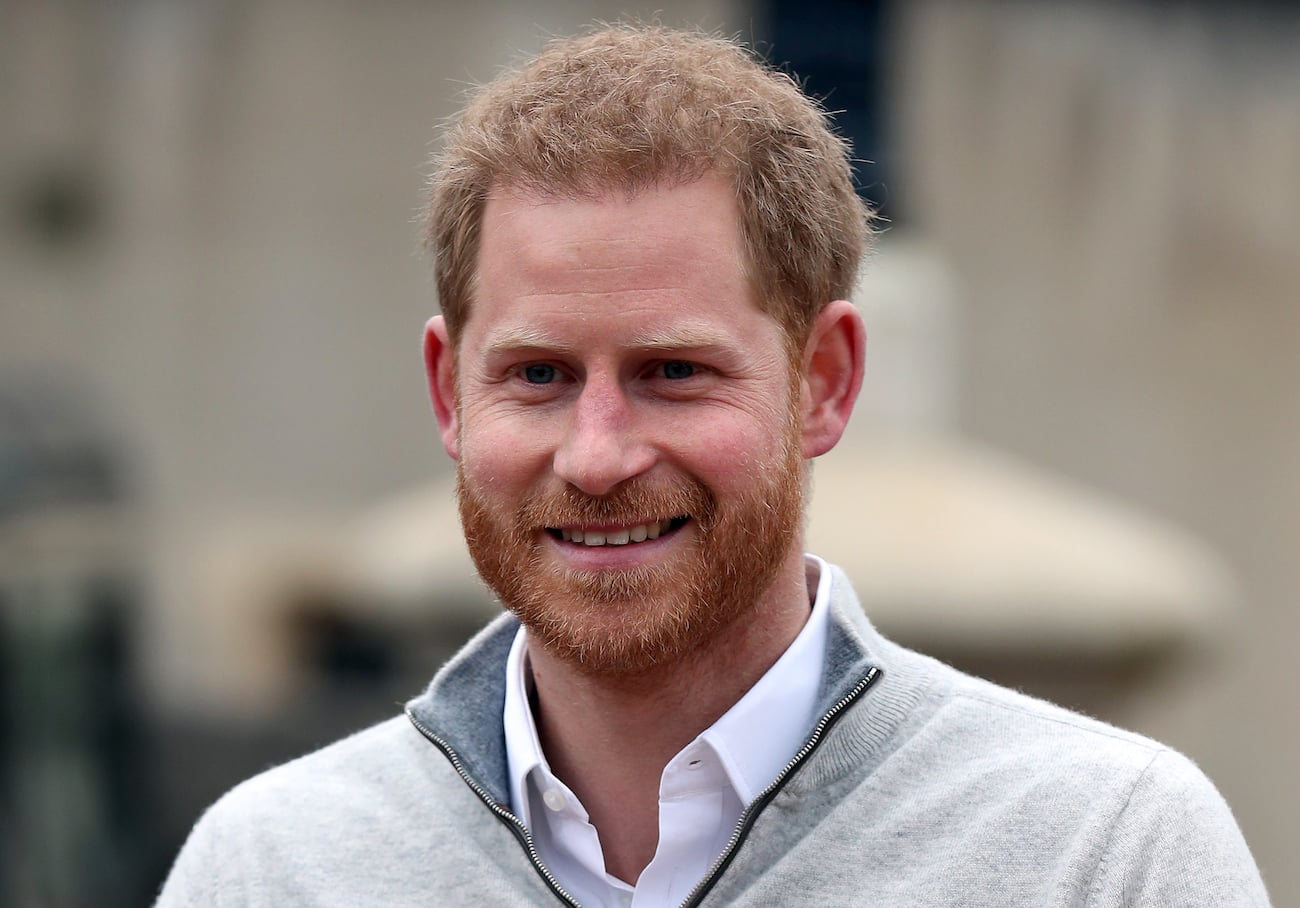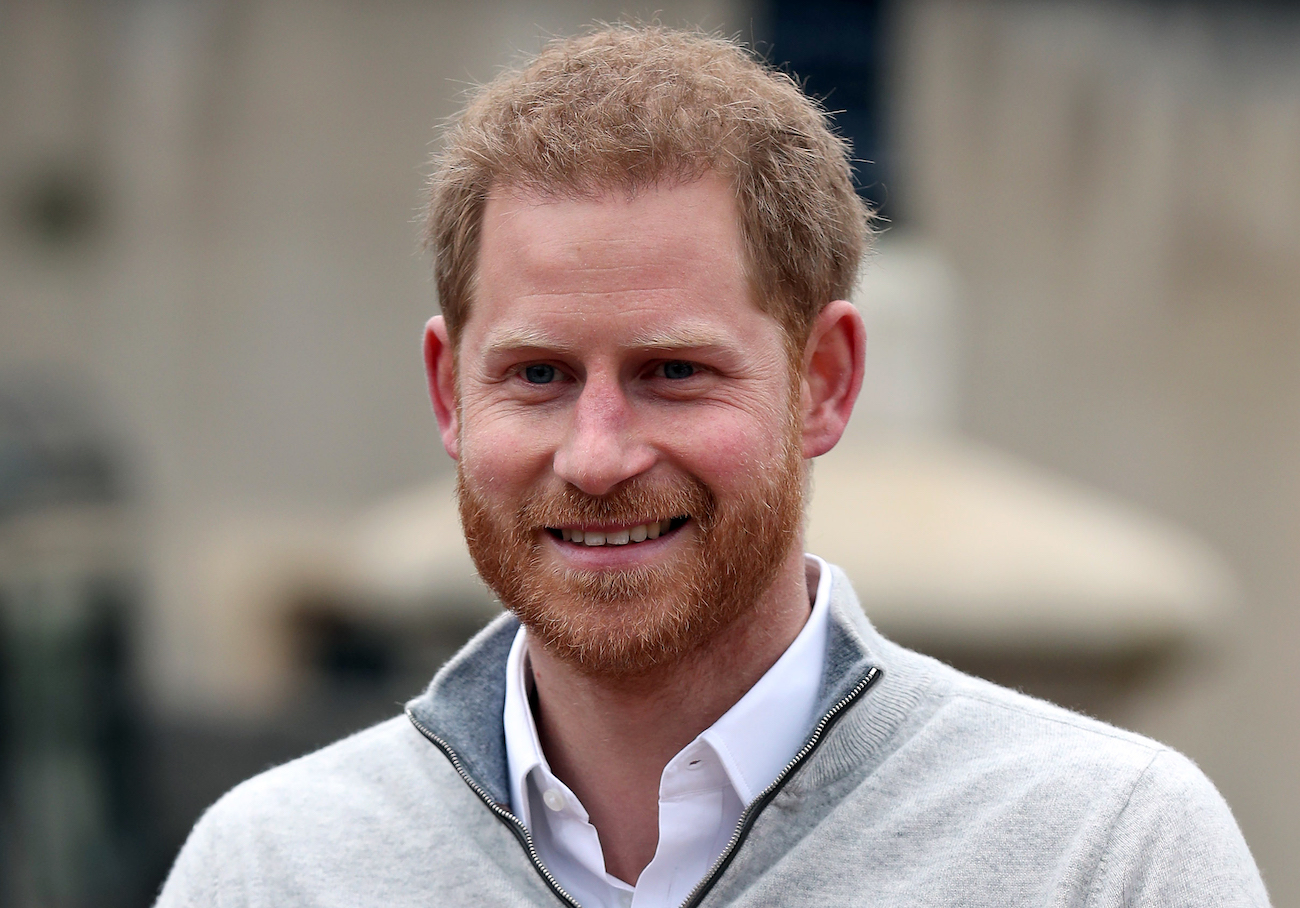
Expert Analyzes Prince Harry’s Emotional Letter to Military Children: How the Tone Conveys ‘His Own Grief’
Prince Harry wrote an emotional letter to children who have experienced the death of a parent who served in the military. An expert analyzed the tone and words, pointing out how Harry conveyed his own personal grief over losing a parent.

Prince Harry wrote a letter to a charity for bereaved military children
Harry wrote the touching letter to Scotty’s Little Soldiers, a UK charity for bereaved military children, explaining how they “share a bond.”
The Duke of Sussex wrote, “As many of us observe and reflect on Remembrance Sunday, I wanted to write to you and let you know you are all in my thoughts and heart today. We share a bond even without ever meeting one another, because we share in having lost a parent. I know first-hand the pain and grief that comes with loss and want you to know that you are not alone.”
He continued, “While difficult feelings will come up today as we pay tribute to heroes like your mum or dad, I hope you can find comfort and strength in knowing that their love for you lives and shines on. Whenever you need a reminder of this, I encourage you to lean into your friends at Scotty’s Little Soldiers. One of the ways I’ve learned to cope has been through community and talking about my grief, and I couldn’t be more grateful and relieved that you have amazing people walking beside you throughout your journey. We all know some days are harder than others, but together those days are made easier.”
“Today and every day, I admire and respect all the men and women who have given their lives in service of us — especially those in your family. I am also incredibly proud of you for being the best example in remembering them,” Prince Harry shared.
“When you march together in today’s parade, wearing your yellow and black scarves, I know it will be hard, but equally important to do. Today you will bring new awareness to young people, just like you, who will benefit from this community of support,” he added. “I salute you for serving others in need, in the most honorable memory of your parent.”
Prince Harry signed the letter, “With my deepest respect, Harry.”
Expert analyzes Prince Harry’s letter
Speech analyst and body language expert Judi James analyzed the letter, telling Express how Harry used a certain technique to connect with the readers.
“A technique that both Prince Harry and Meghan Markle use when dealing with problems like grief, negative childhood experiences, financial hardship and sexism, racism and misogyny is that of emphatic empathy,” James said.
She explained, “For instance, ‘I know how this feels for you because I have suffered similar,’ is a theme of Meghan’s podcasts and Harry’s speeches on subjects like mental health.”
The expert pointed out the Duke of Sussex’s tone in the letter and how the loss of a parent “triggers” Harry.
“This very sweet-toned letter to children who have lost parents in conflict triggers Harry’s emotional responses to the loss of his mother and he is keen to let the children know that he shares their pain because he has also suffered,” James explained.
“This is a commonly-used technique of empathy,” she added.
Prince Harry interjects his own experience with grief as a way to connect, expert says
According to James, the way Harry talks about sharing a bond might be less helpful than he intended.
“Grieving people will often claim this ‘sharing’ doesn’t help as much as it might because of the isolating and unique aspects of grief,” James noted. “Harry takes a very personal tone here, telling the children that ‘we share a bond.'”
She continued, “When he does this, Harry probably reveals more about his own pain than he does focus on that of others.”
James added, “He uses the word ‘share’ twice but is there any sharing in grief?”
Overall, interjecting his personal experience by “evoking his own grief at the loss of his mother” is an attempt for Harry to “understand the grief” of his audience who lost their parents and connect with them.
She added, “The later use of ‘I’ might be more relatable: ‘I salute you…’ and ‘I am incredibly proud of you…’ are signature messages that might help with bravery and confidence.”



